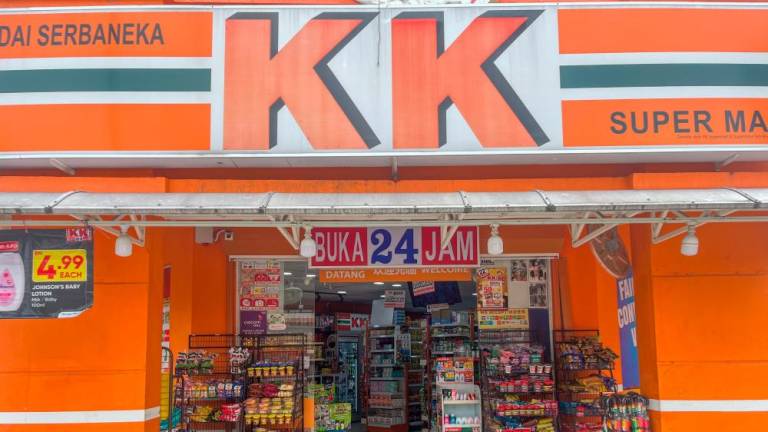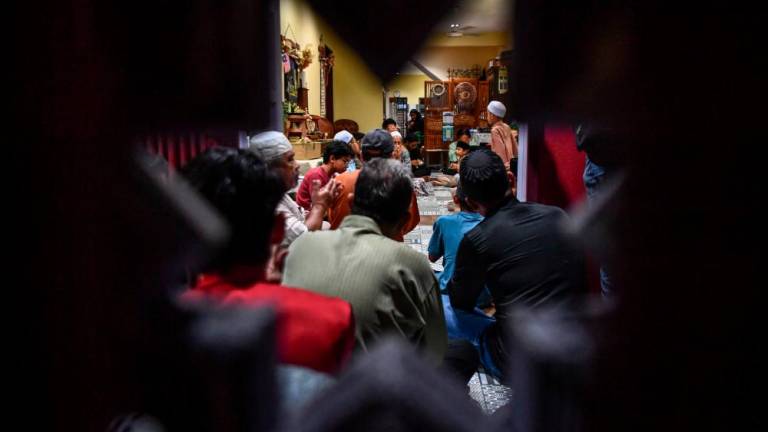AN attempt to smuggle a container of electronic waste (e-waste) into the country was foiled on June 7 after a tip-off from BAN (Basel Action Network).
BAN is an organisation that works on preventing the export of toxic e-waste from industrialised countries to developing ones.
Upon investigation, the Department of Environment found that three containers of e-waste were brought into Malaysia from the United States on April 16, May 14 and June 3.
As of June 26, two containers of e-waste had been shipped back to their country of origin. There were 23 other attempts to smuggle in e-waste that were thwarted between Jan 1 and June 26.
Malaysia is one of the dumping grounds for the 53.6 million metric tons of e-waste generated by the world annually. Seattle-based BAN found that e-waste was also exported to Ghana, Hong Kong, Nigeria, Pakistan, Tanzania, Thailand and the Ukraine.
What makes e-waste recycling lucrative is the precious minerals, including gold, that can be mined from discarded electronics such as smartphones, computers and electronic car parts.
Our throwaway culture sets the pace for business growth in industries that deal with electronics and household appliances.
Instead of producing electrical and electronic devices that can be used over a long period, companies are rapidly churning out newer models that render previous purchases obsolete.
Manufacturers of smartphones, computers and laptops are coming out with products with shorter lifecycles and limited repair options.
The frequent updates in technology make smartphone models obsolete after a certain period because their hardware cannot handle newer software.
It is not economically and environmentally sustainable for the world to cope with planned obsolescence of such smart devices.
According to the UK-based Royal Society of Chemistry, the supply of rare raw materials used in making these devices could be exhausted if older ones are not recycled.
It said elements such as indium, yttrium or tantalum could run out within a century.
There is also a lack of infrastructure for the e-waste problem. It is good that Malaysia is the first country in Southeast Asia to develop an e-waste management system for proper flow of household e-waste.
This system is estimated to process 53 million pieces of e-waste such as mobile phones, TV sets, washing machines, refrigerators and air-conditioners.
What we as consumers can do is to restrain from updating our devices to reduce e-waste.
The authorities, on the other hand, play a bigger role in preventing e-waste from being smuggled in. Heavier punitive action is required to stop the culprits behind these imports.
Read this story in our iPaper:













